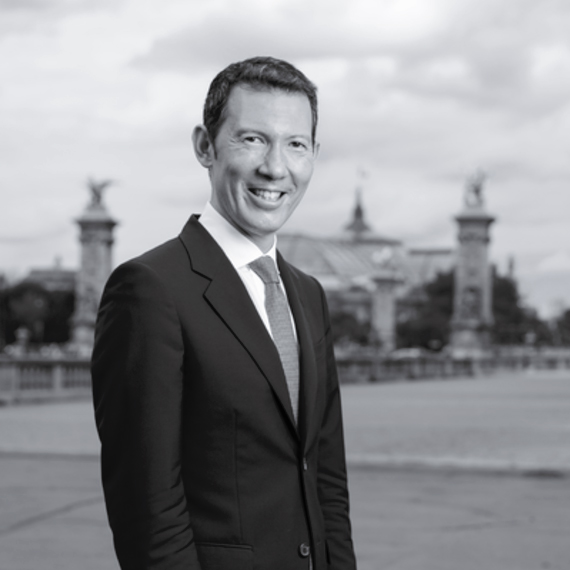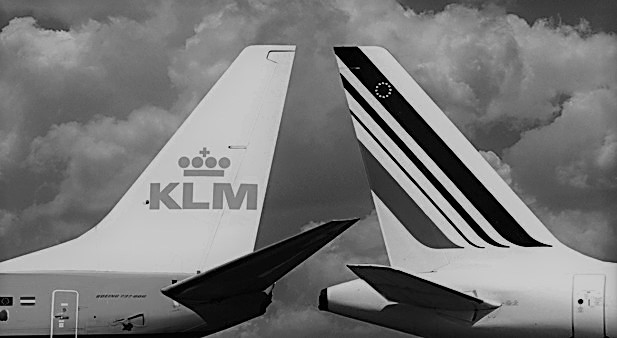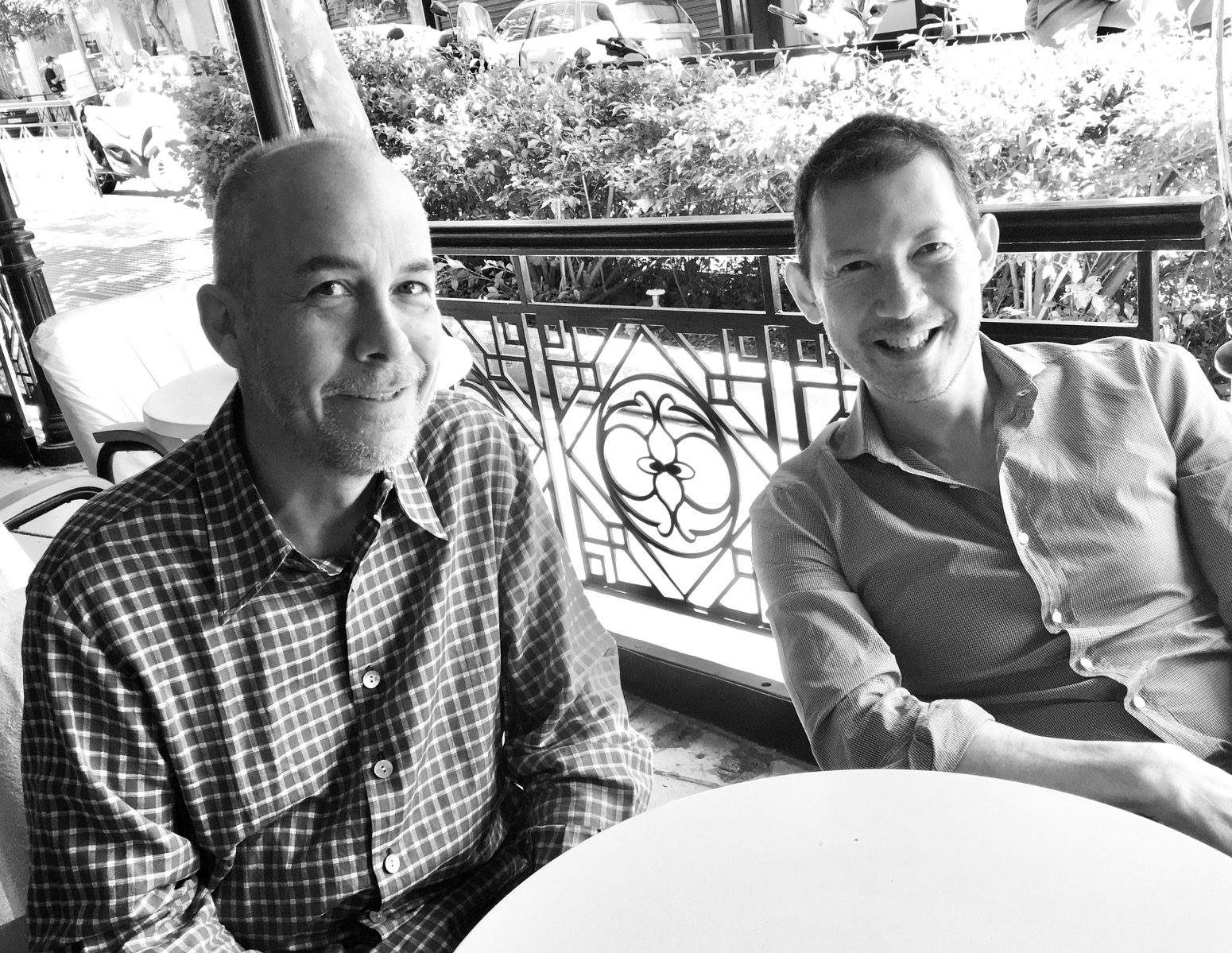By Jeff Peet, Managing Editor – ALA News
- With respect to the current health crisis that has hit us all so hard, how much longer can the industry endure such adverse conditions and when do you expect to see steady signs of recovery?
All airlines need cash to survive. With access to enough cash airlines can continue however this depends on the source. Government support in most regions require a demonstration that market dynamics will not be unfairly changed. Air France-KLM are working toward an assumption that 2019 revenues will return to our group in the 2024/2025 period.
- From your perspective, what is the area of the industry that has been the most affected and where the challenges of recovery will be the greatest?
Difficult and unfortunate impact on people’s lives who have lost their jobs due the crisis. Challenges will be adapting to the new reality – changed market conditions, customer behaviour, competitor strength, different timelines for recovery in each market and the new pressure from the environment impact potential new rules – many which will be outside the control of the airlines themselves (availability of SAF, new technology airplanes, etc.).
- Are there any good practices or procedures related to new technologies that have been implemented to help the industry remain operational that you could highlight and that have made a difference at Air France-KLM?
Operational planning decision tools to ensure crews are better able to be deployed at last minute.
- For passengers to feel that aviation poses no health risks will take time. At the same time, this health crisis has proved that it is not always essential to travel for some businesses to remain operational. Thinking about that and to the extent that business travel is key to the finances of any airline, what are the strategies that Air France-KLM is planning to implement to play a leading role in that segment of the business?
Ensuring we do all possible to ease and remove all the added stress associated with the cumbersome and ever changing rules currently in place. Ensure we adapt our ticket restrictions/flexibility to the new reality.
- France has played a key and leading role in, for example, agreeing not to pass on the cost of PCR/antigen tests either to consumers or to airlines. Overall, what is your opinion of the response of governments to help the aviation sector recover? Could it be better?
I think France and the Netherlands have both done a good job all considering.
- Has Air France-KLM already evaluated what could be done in the future with key stakeholders such as regulators and governments to better confront another crisis like Covid-19, so that aviation does not need to be grounded again and the impacts can be minimized?
Hopefully another catastrophic crisis will not come for a long time. I believe on the long term health and ability of our industry to adapt, just as we did after 9/11.
- The aviation industry has shown true commitment to sustainability by agreeing to reduce its impact on the environment in the last several years. Do you think that will continue to be the case in the near future, given the hit that the industry has experienced due to the pandemic?
We are committed to reducing our impact on the environment as much as possible where and when possible. We have ordered and recently delivered over 100 new technology airplanes providing up to 25 less CO2 emissions. We do not support new taxes associated with the industry’s environment impact. There is a whole value chain behind the airlines that have a major role to play. We would rather see incentives put in place so we can re-fleet even faster.
- What opportunities do you see as a result of this huge crisis for aviation so that the industry comes back stronger and better?
Advancing transformation and restructuring projects – Air France’s domestic market for example
- Cargo played an important role during Covid-19. To what extent has Air France-KLM’s cargo business benefited?
We have a big fleet of passenger 777-300ERs. This aircraft type has proven to the best aircraft to take advantage of the reduced industry belly capacity and corresponding higher available yields. AF-KLM had higher cargo revenues in 2020/first half of 202 than in 2019.
- In April, Air France-KLM and China Eastern Airlines decided to reinforce their partnership. How important is this partnership for Air France-KLM and also, with respect to alliances, how important is SkyTeam in the current context for Air France-KLM?
The partnership with China Eastern Airlines is key. Having a strong partner on the big China market will be a big asset for us over the long term.
The alliance model continues to provide big benefits for customers and airlines. (loyalty / lounge / FFP, ease of check-in, etc.). We only see this continuing to improve
- Many Latin American countries have made huge efforts in terms of making the Covid-19 vaccine available to their people, but a lot of the vaccines used are yet to be certified in the EU. Such is the case with Chinese, Cuban and even Russian vaccines. Given that Air France-KLM is such a key player in the Latin American market, have you intervened in any way so that potential passengers vaccinated with those vaccines are welcome to visit Europe for business or leisure? More broadly, what role do airlines have in the global dialogue on public health?
When appropriate we support a full industry approach toward these types of challenges such as IATA’s. In individual cases we put in place a bilateral lobby effort. However we are much more effective when we speak as one aligned industry.
- In comparison with other regions of the world, what is the situation with respect to Latin America for European aviation and carriers such as Air France-KLM? How long do you think it will take for traffic to recover to pre-pandemic levels?
The Latin American market is strong. At AF-KLM, we believe it will be one of the last to fully recover but it will be happen much sooner than Asia. That’s our current hypothesis.



